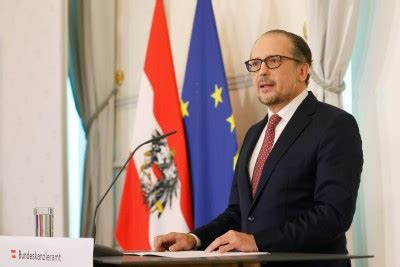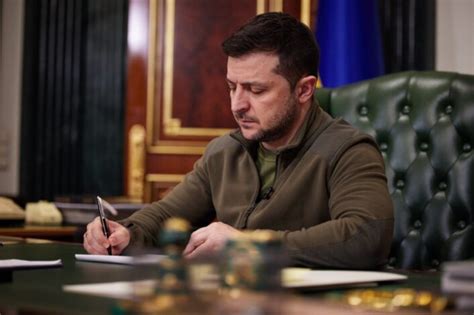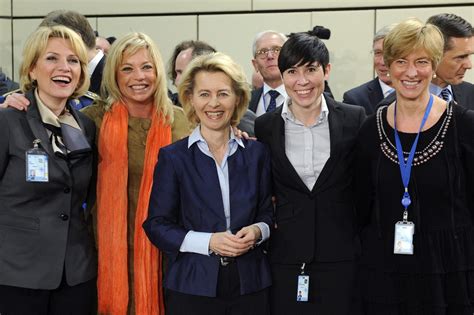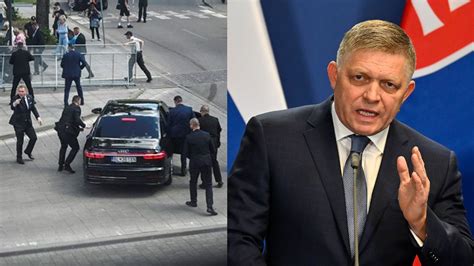The Arctic, typically known for its serene landscapes and icy tranquility, is currently embroiled in a storm of geopolitical tensions that threaten to disrupt the delicate balance of peace that has prevailed in the region. Høgni Hoydal, the Foreign Minister of the Faroe Islands, recently sounded the alarm on this escalating situation, warning of potential consequences as global powers jostle for control over Greenland.
In a candid interview with Danish media outlet TV2, Hoydal expressed his apprehensions about the mounting pressures facing the Arctic. He highlighted how longstanding agreements governing crucial aspects such as fishing rights, shipping routes, environmental protection, and scientific research are now under strain amid rising global tensions. The Faroe Islands politician minced no words when he described the unfolding scenario as
“some shit”
that could have far-reaching implications for regional stability.
The root cause of this heightened state of affairs can be traced back to ambitious maneuvers by U.S. President-elect Donald Trump to expand American influence by potentially acquiring Greenland. With its strategic location and vast untapped natural resources becoming increasingly coveted assets, Greenland has emerged as a focal point in an intensifying geopolitical struggle for dominance in the Arctic.
As Denmark holds administrative authority over both Greenland and the Faroe Islands, it finds itself caught in a precarious position between upholding regional security and navigating external pressures from assertive global actors like Trump’s administration. The recent refusal by Trump to rule out military intervention to secure Greenland has only served to exacerbate tensions further.
Against this backdrop of uncertainty and power plays, leaders from Denmark, Greenland, and the Faroe Islands convened for a pivotal summit aimed at addressing these complex challenges. Figures such as Danish Prime Minister Mette Frederiksen, Greenlandic Prime Minister Múte Egede, along with key officials including Danish Foreign Minister Lars Løkke Rasmussen and Defense Minister Troels Lund Poulsen were present at this crucial gathering.
Hoydal did not shy away from criticizing Denmark’s handling of affairs concerning the Faroe Islands and Greenland. He accused Copenhagen of treating these territories as mere pawns in a larger geopolitical game – likening them to
“chess pieces”
manipulated for strategic advantage on the international stage. His pointed remarks underscored a growing sentiment among local leaders who are increasingly wary of being exploited for others’ gains.
In closing his remarks on a defiant note, Hoydal asserted that if their territories were indeed viewed as chess pieces in a larger political strategy, then it was imperative for them to assert their agency and determine their own trajectory on this metaphorical chessboard. This bold declaration encapsulates a broader sentiment echoing through the halls of power across these remote but geopolitically significant lands.
As ripples of uncertainty continue to spread across the Arctic waters, one thing remains clear – the region’s once unshakeable peace is now facing unprecedented challenges that demand astute diplomacy and steadfast resolve from all stakeholders involved. How this high-stakes game unfolds will not only shape the future dynamics of Arctic governance but also serve as a litmus test for global cooperation amidst shifting geopolitical currents.











Leave feedback about this